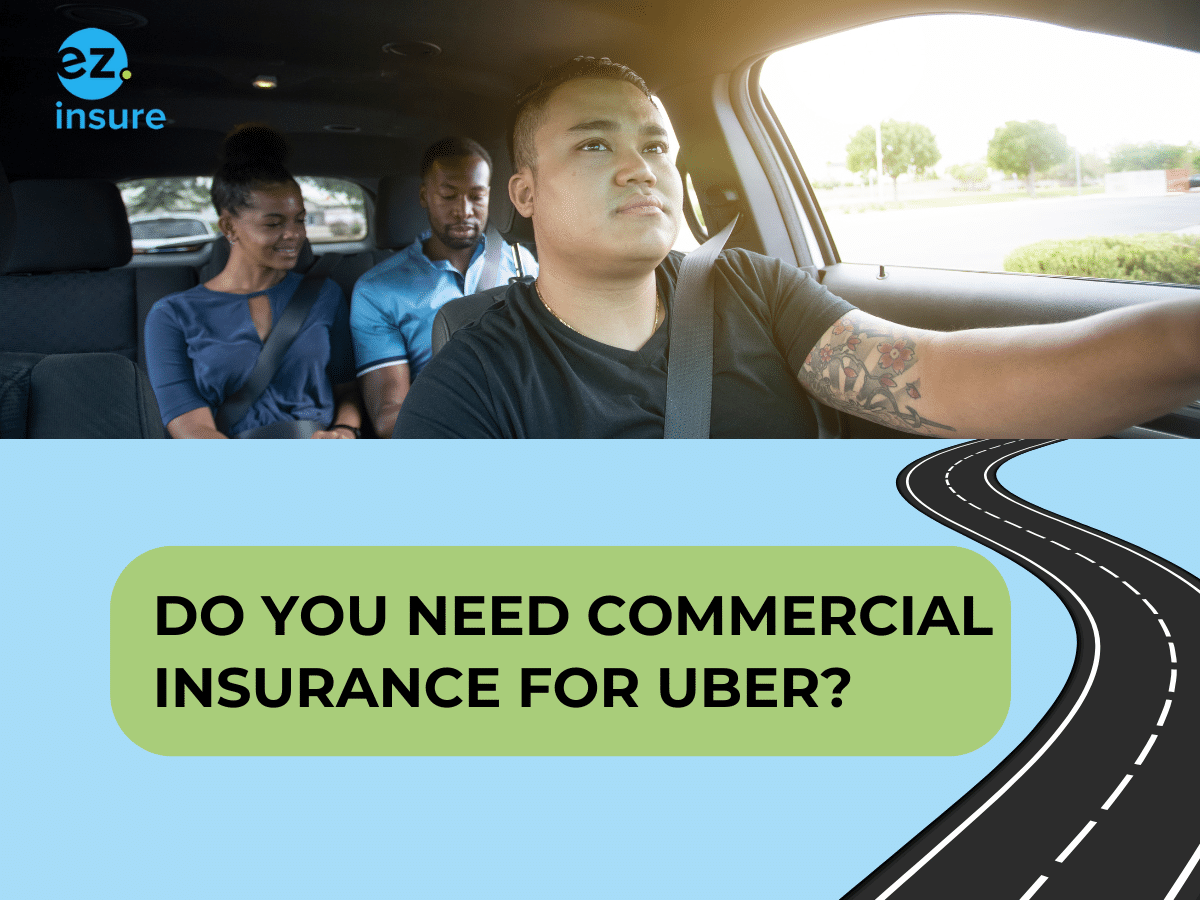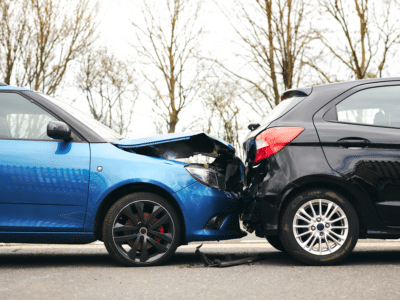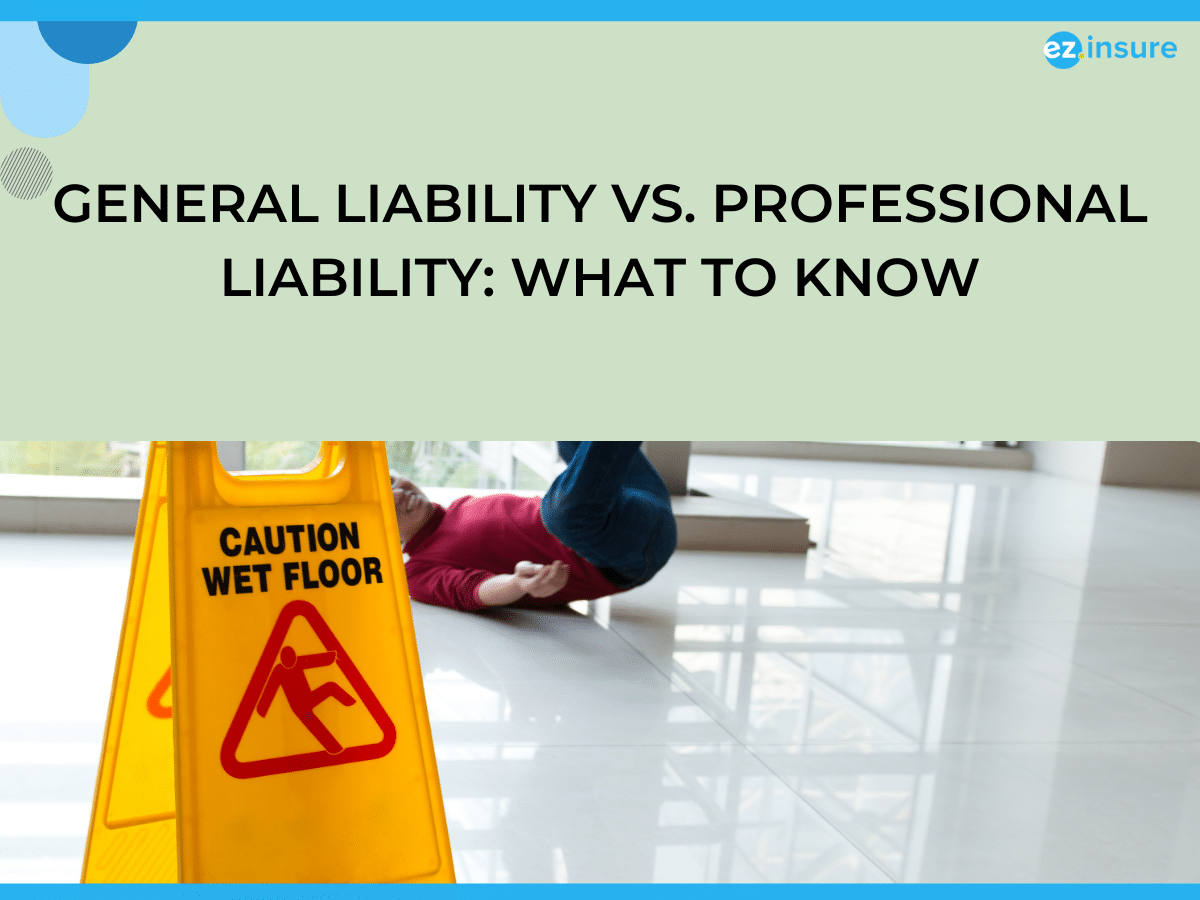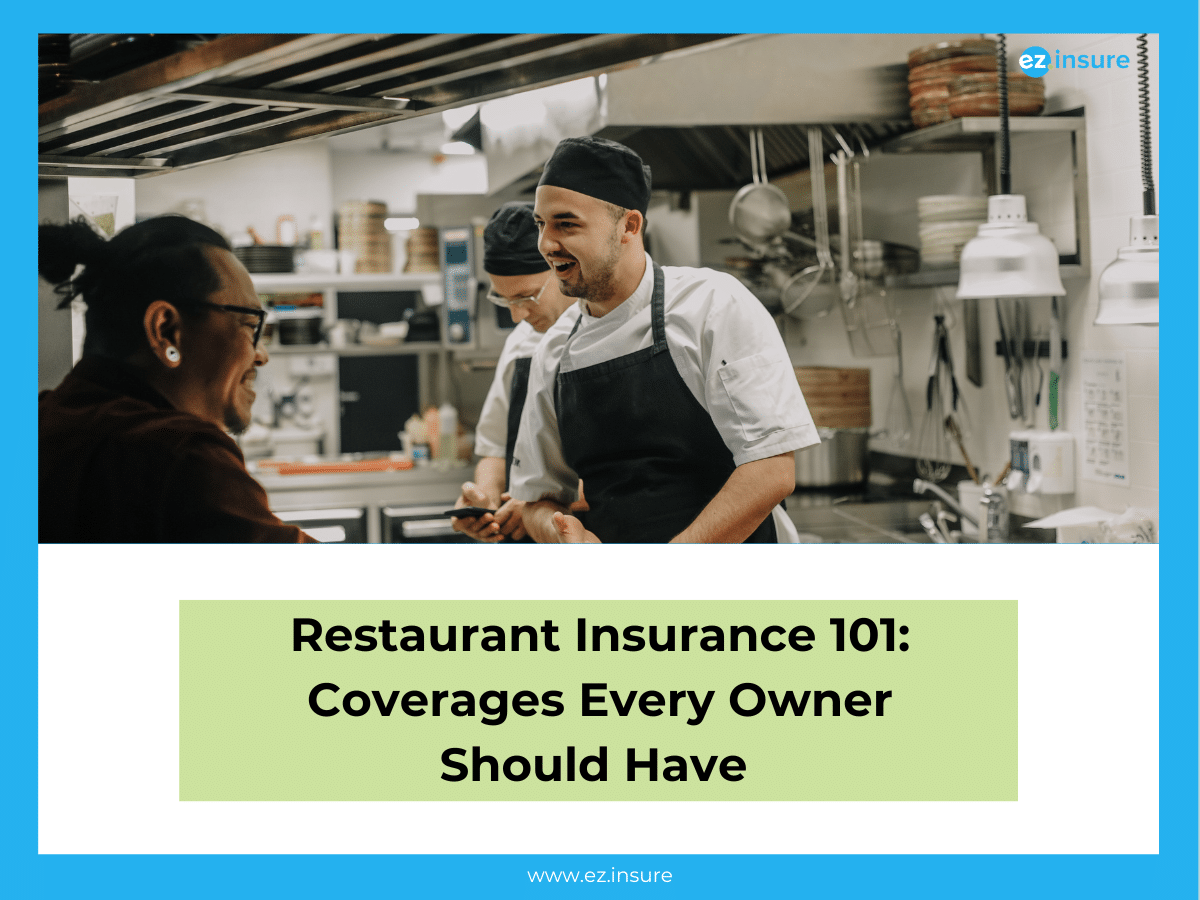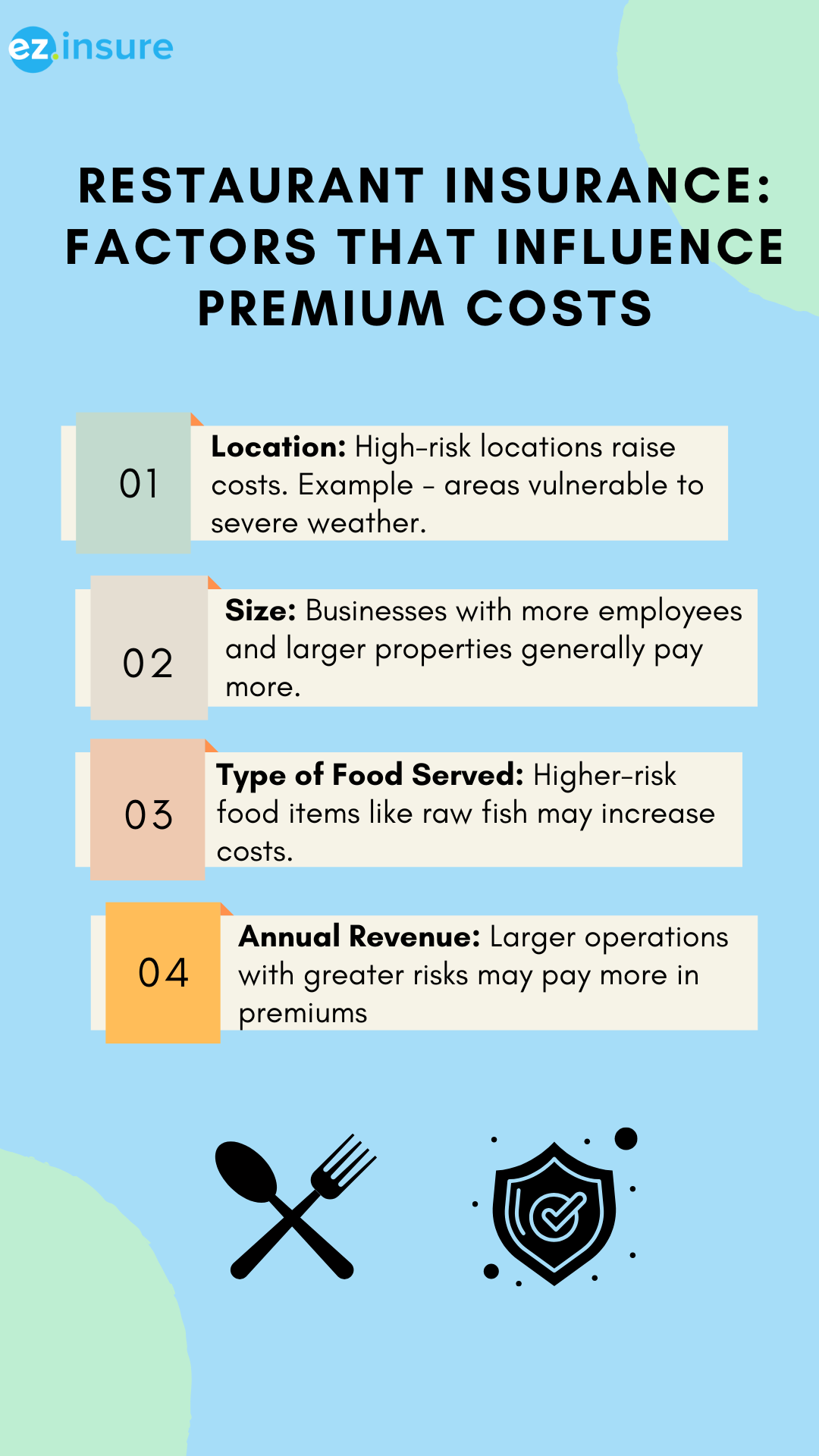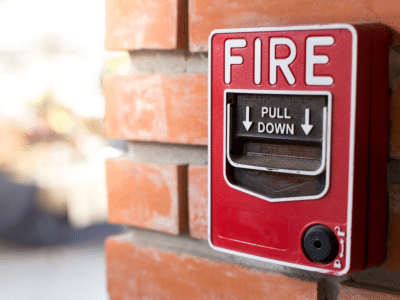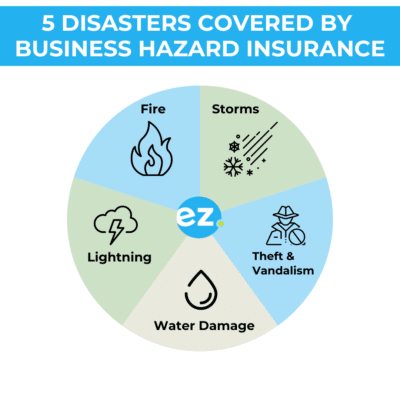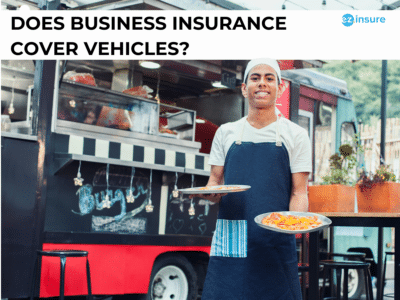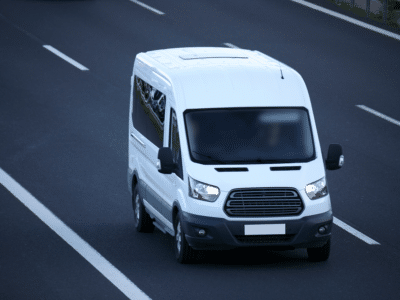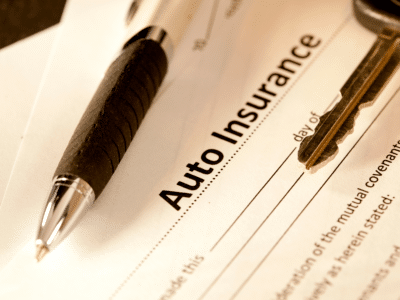When in the market for an insurance policy, it’s tough to know where to start. With so many agents and brokers to pick from, it’s crucial to understand how to choose an insurance agent that’s right for you.
It doesn’t matter if you’re simply looking for a personal health insurance policy, or a comprehensive business insurance plan to protect your assets. At the end of the day, it comes down to finding someone who understands your goals, and pain points.
But let’s face facts—it’s nearly impossible to put your trust into someone after meeting with them only one time, but if you come prepared with the right questions to ask, the process will be seamless, and you’ll leave feeling protected.
To help you on this endeavor, our FAQ guide answers commonly asked questions about insurance agents, their backgrounds, and what to look for during your search, so you can confidently choose the perfect insurance agent for your situation.
Let’s get started.
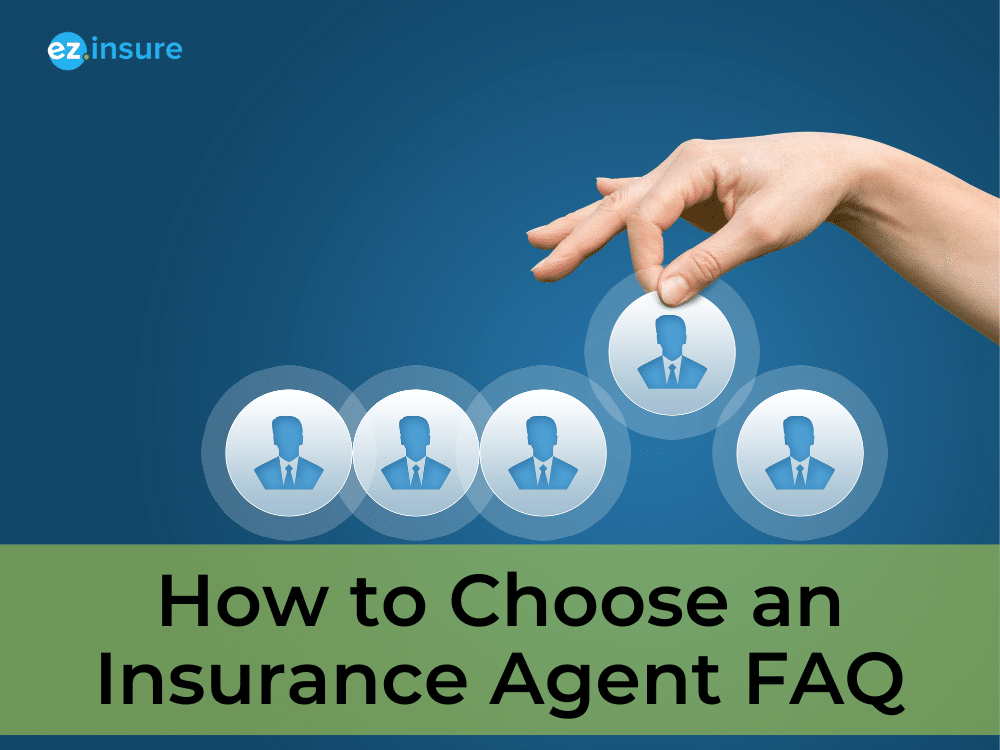
Q: Why Should I Be Picky When Choosing an Agent to Work With?
All insurance agents are not built equal. Just like any profession, there are always going to be agents who truly care about helping people, and others who simply want to make a quick buck. The truth of the matter is, that beyond helping you find the coverage plan that best fits your needs, a quality insurance agent will also provide value in other ways. This includes, guiding you through claims processes, providing you with updates about industry news, helping you to avoid steep prices or inadequate coverage options, and ensuring that your coverage never lapses without you knowing.
An insurance agent’s goal should not be to get you to sign one contract. Instead, they should aim to provide you with top-of-the-line customer service. Their goal should be for you to want to renew your policy with them each year. Unfortunately, not all agents think this way. That’s why it’s crucial to never settle when choosing an insurance agent to work with.
Q: What Should I Look For When Selecting an Agent?
No matter why you’re looking for a new insurance agent, it’s important to understand their history and background. Here are some keys to consider:
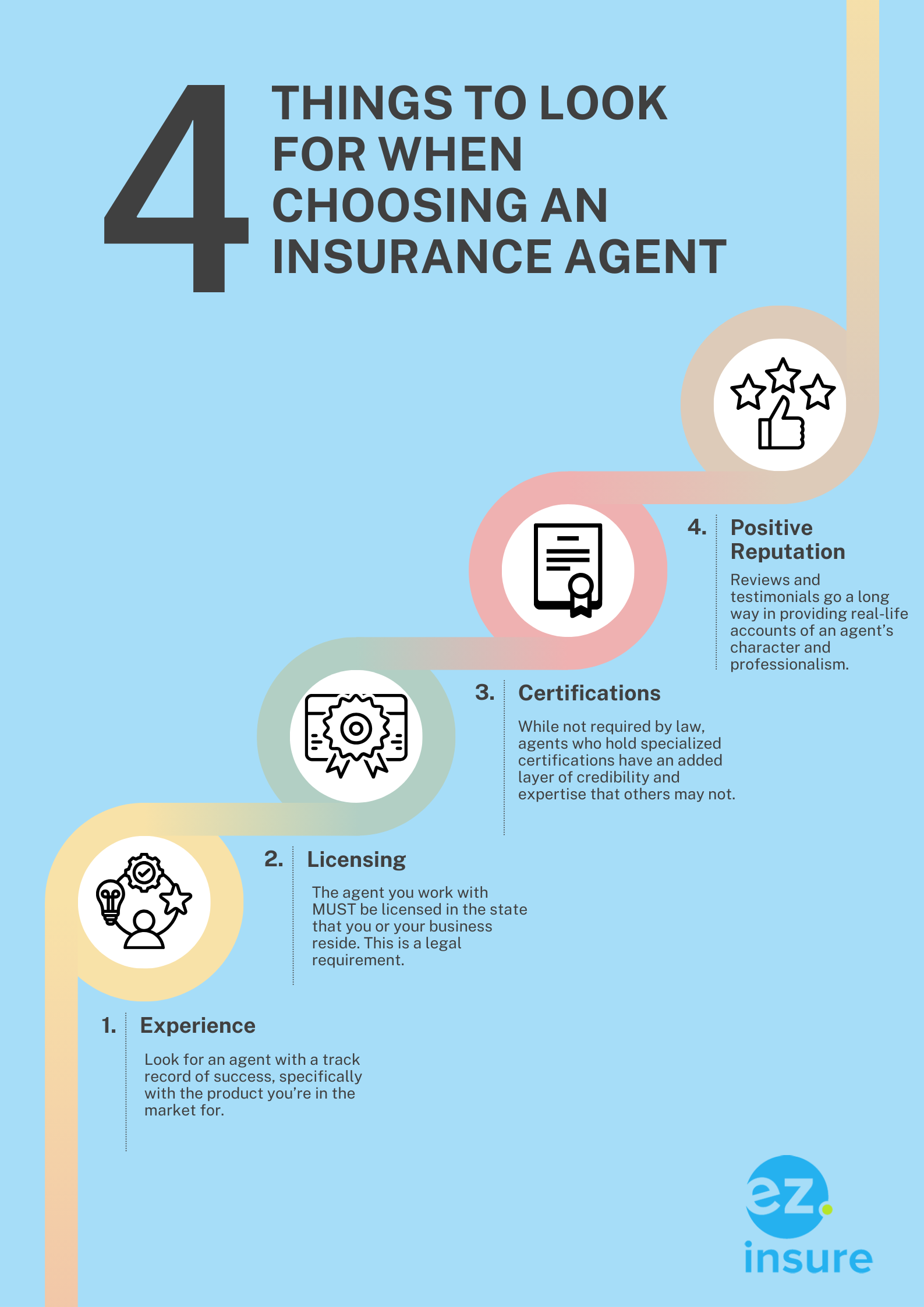
Experience
While it may be appealing (and isn’t always a bad option) to go with a young, enthusiastic agent who’s new to the industry, in most cases you’re better off finding someone with a lengthy track record. To this point, it’s crucial that you perform some research about the agent that you’re considering.
Pay attention to the products they specialize in, to ensure that they’re an expert in the coverage you’re looking for. Additionally, evaluate the companies that they’ve worked for, as well as the number of years they’ve been in the industry.
Licensing
The agent and/or agency that you decide to work with MUST be licensed in your state. You can check if your prospective agent is licensed by visiting the National Insurance Producer Registry (NIPR) or by searching your state’s licensee database.
Certifications
Oftentimes when reviewing the background of an insurance agent, you’ll notice some capital letters next to their name. These are insurance certifications, and while they aren’t required by law, they add another level of credibility and experience. Common certifications include: Certified Insurance Counselor (CIC), Accredited Advisor in Insurance (AAI), Certified Insurance Service Representative (CISR), and many more.
Reputation/Complaints
While experience, licensing, and certifications are all important and necessary considerations, nothing is more telling than personal experience. Take the time to look into the reputation of the insurance agent or agency. This may be as easy as searching the agent’s name and looking at reviews and testimonials. To examine an entire agency or brokerage, you may be better off using resources such as the Better Business Bureau. During this exercise, note both positive and negative customer experiences paying attention to their reliability, communication and professionalism.
Q: Independent Agent, Captive Agent, or Broker?
When choosing the right insurance agent, you generally have three main options to work with: independent agents, captive agents and brokers. Each option has their own sets of pros and cons:
- Independent Agents: Independent insurance agents work for themselves and offer policies from multiple different insurance carriers. The main advantage of working with an independent agent is the flexibility. This is the case since they are not limited to the plans of one single company. For individuals looking for personalized solutions, and the ability to compare different carrier options, independent agents are a great choice.
- Captive Agents: On the other hand, Captive insurance agents represent one single insurance company. While captive agents may not have the flexibility in terms of carrier options that independent agents do, they are experts in their company’s products. Additionally, captive agents working for bigger organizations often have more ability to offer deals and discounts.
- Brokers: Brokers are different from independent and captive agents as they work to represent clients, instead of themselves or a company. Insurance brokers have access to local insurance marketplaces, allowing them to evaluate a client’s needs and find them a highly customized plan within the clients specific price range. Similarly to independent agents, they have access to multiple different carrier’s plans. Unlike independent and captive agents who make commission from the sale of a policy, brokers usually just charge a fee upfront to find their clients a suitable plan.
EZ.Insure is an example of an insurance brokerage. Our easy-to-use platform enables you to simply enter your basic information, and get matched with a licensed agent who has access to all the top plans in your local area.
Q: What Should I Expect When Meeting with an Agent?
Preparation is key to success and getting a quality insurance plan. Here’s some things that you can expect to encounter at your meeting with an insurance agent:
- Assessment of Your Needs: Don’t be surprised if the agent is ready to ask you a bunch of questions. Don’t worry—there are no right or wrong answers. They’re simply trying to get a gauge about your life circumstances and needs in order to find you a suitable insurance plan. Questions might pertain to your budget, family or business, specific requirements, or any concerns you may have upfront.
- Options: An effective agent won’t try to pigeonhole you to a particular plan or for independent agents and brokers, to a particular carrier. While it may seem overwhelming, most agents will initially lay out several options. Based on the information and preference you provide, they’ll then narrow it down to the plan best suited for you.
- Coverage Details: While it may not be necessary to delve into the fine print of policy, your agent will likely discuss the key feature of your potential policy. This includes premiums, deductibles, coverage limits, exclusions, and more depending on the type of insurance you’re seeking. For the average Joe, the terminology may come off as confusing, so don’t be afraid to ask questions.
- Cost: There will come a time in the conversation when the cost of coverage must be discussed. A good agent will be upfront about costs, and similarly to coverage details, it’s not always easy to understand. The main cost components include premiums, deductibles, co-pays and out-of-pocket expenses. Lastly, just like for any sales pitch, if something sounds too good to be true, it probably is.
- Chance to Ask Questions: As previously mentioned, insurance is complex and so is the jargon that goes along with it. Feel free to ask questions to your agent before, during or after his pitch. An experienced agent should welcome questions and be happy to answer them for you.
- Documentation: If you happen to make a final decision during your meeting you can expect agents to walk you through the application process. This process could be online or on physical paper. Either way, you’ll have to provide some documentation and sign some other documents to finalize the process.
Q: What Questions Should I Ask?
While insurance agents who are effective at their jobs should answer most of these questions without you having to ask, it doesn’t hurt to show up prepared.
What type of insurance do you specialize in?
Even if the agent offers the type of insurance you’re seeking, it doesn’t mean they are an expert. For example, someone who sells health insurance may also offer life insurance. This doesn’t mean that they’re as knowledgeable about the product as someone specializing in solely life insurance.
How do you work to determine the best policy to fit my needs?
Asking this question upfront provides you with an overview of their evaluation process. Additionally, the amount of detail they offer is telling about how much they truly prioritize your needs, or if they’re simply trying to make a quick sale.
What does the claims process look like?
A good agent makes the claims process easy to understand, ensuring that they will be there every step of the way. Additionally, this question provides insight about how long the process generally takes, and if they offer tools such as an online portal to file claims.
Can you explain the policy details, and costs beyond premiums?
A top-tier agent should easily be able to break down the key details of a plan in layman’s terms. Asking this ensures your understanding about what’s covered, what isn’t, deductibles, co-pays, out-of-pocket costs or any other additional fees.
What happens if I want to cancel my policy?
It is essential to understand the fine print of a policy in regards to cancelations or policy changes. Don’t wait for surprises down the line. Instead, ask about penalties or fines in relation to canceling a policy during your initial meeting.
Do you offer any discounts or have any special promotions?
Especially when dealing with a captive agent, you may be able to get a deal or discounted price. The key is to ask, because some agents may not bring their special offerings up otherwise.

Q: What Are Some Red Flags to Look Out For?
During your research and/or initial meeting, be weary of agents who:
- Offer coverage plans with premiums costs or coverage terms that seem too good to be true. If the cost of the plan varies significantly from most other competitors, there’s probably something fishy going on.
- Avoid answering basic questions or talk over you during the meeting.
- Use pushy sales tactics to try to get you to sign up for a plan that doesn’t align with your needs or budget.
- Have a high number of negative reviews or provide unclear answers when asking about references.
Agents who are characterized by any of the above should be avoided. Similarly, if your current insurance agent has any of these qualities, it’s likely time for you to branch out and find someone new.
Ready to Choose the Right Insurance Agent?
While choosing the right insurance agent for your needs may seem like a hassle, it doesn’t have to be. By performing in-depth research, understanding what to look for and what to avoid, knowing the difference between different types of agents, and preparing with some specific questions, it’ll be easy to make an informed decision, and walk away confident and covered.
Before choosing an agent or company to work with, we encourage you to explore all of your available options, and there’s no better way to do that than by visiting EZ.Insure. Whether you’re looking for insurance to protect your business, your team, or just yourself, EZ has it all.
From licensed agents available 24/7 to our plan comparison tool allowing you to view competing options side-by-side, we’ll find the ideal agent and plan for you in a matter of minutes. So what are you waiting for? Simply enter your ZIP on the right side of the screen or call us directly at (855)-694-0047 to get started.

